A NEW ROLE FOR MILITARY IN NATION STATE CYBER ATTACKS
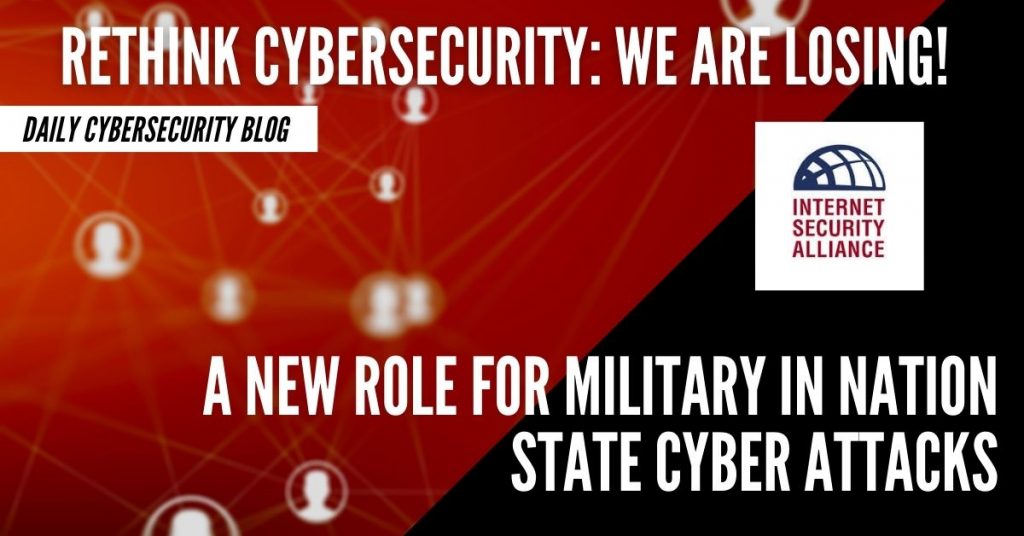
As Commander-In-Chief, the President is the ultimate strategic player in defending the country. Merriam-Webster defines warfare as military operations between enemies, also:an activity undertaken by a political unit (such as a nation) to weaken or destroy another
WE NEED TO RETHINK THE MILITARY LAW ENFORCEMENT ROLE IN FIGHTING CYBERCRIME
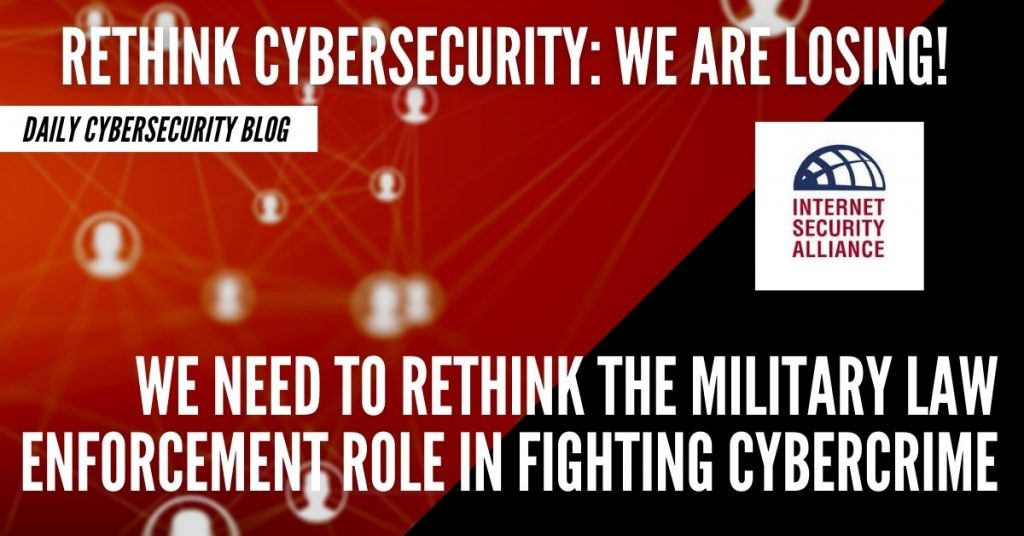
As cyber-attacks, including from nation states, are accelerating and the lines delineating criminal activity from nation state activity grow increasingly blurry. As a result, greater engagement from the military is now called for
TIME TO DO SOMETHING ABOUT CYBER CRIME
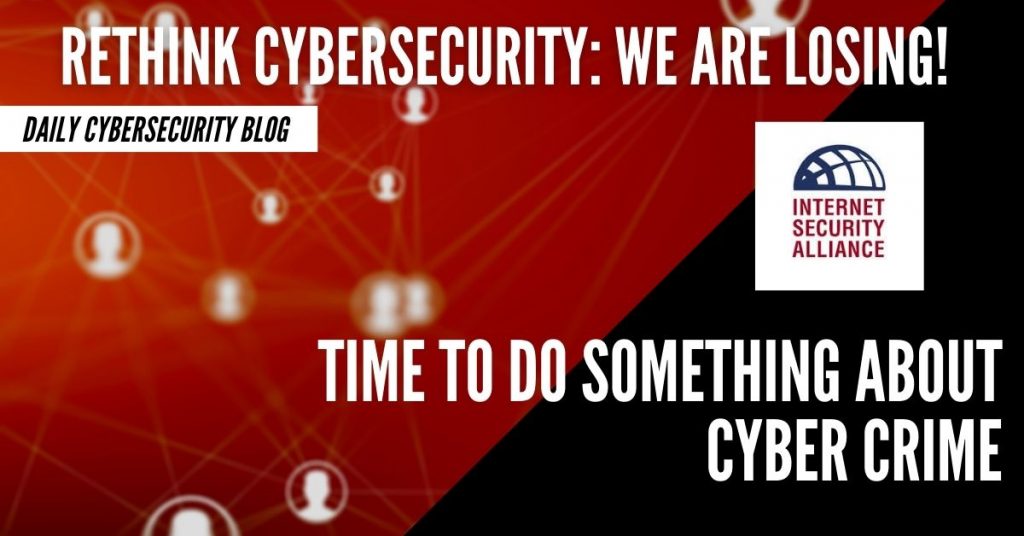
For the past two weeks we have been documenting the enormous costs, and total lack of effective action to address cyber-crime. Without repeating the staggering statistics, the evidence shows demonstrably that cyber criminals are getting filthy rich, their businesses expanding and innovating and there is virtually no chance that virtually any of the criminals are going to be held responsible.
Legal Structures are a Barrier to Fighting Cybercrime
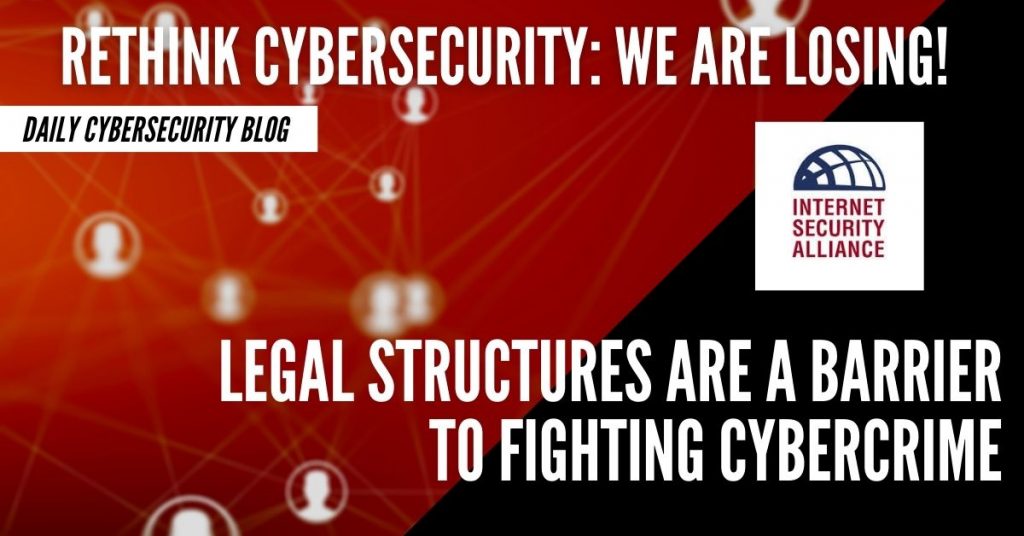
International jurisdictional disputes often keep law enforcement from effectively operating. What may be legal in one country may not be legal in the U.S. and may be treated differently in a third country. In these instances where cybercriminals are at large internationally, countries require extradition agreements. The U.S. has many of these such agreements, but currently does not have them with China or Russia.
DISORGANIZED LAW ENFORCEMENT AT THE CAPITOL: JUST LIKE CYBER
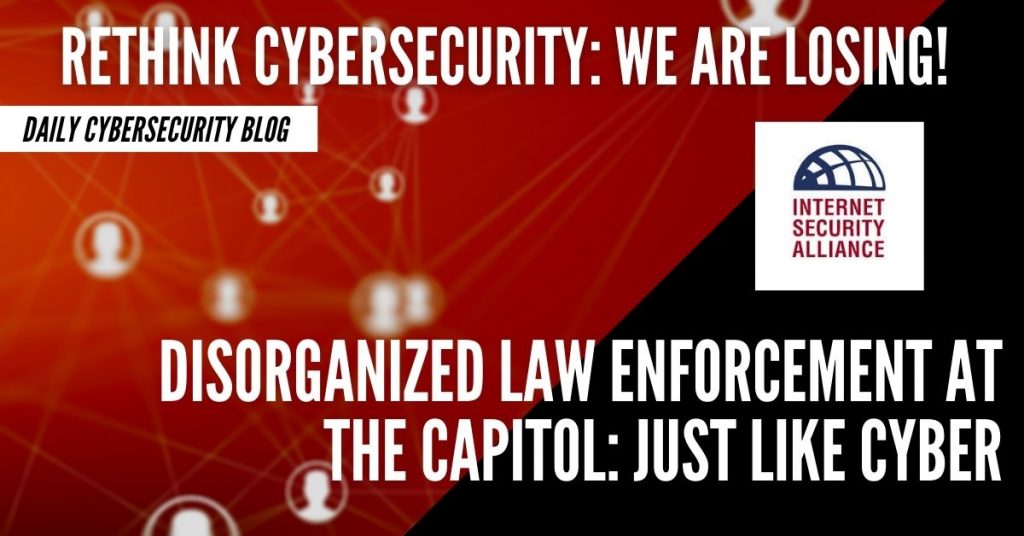
The lead story in today’s New York Times on the investigation into the January 6 attack on the U.S. Capitol reports that yesterday’s Senate hearing “also showed that the overlapping jurisdiction of the Capitol Police, District of Columbia government and other agencies created utter confusion that hindered attempts to stop the assault.”
THE FEDS SHOULD LEARN FROM THE PRIVATE SECTOR IN FIGHTING CYBER CRIME
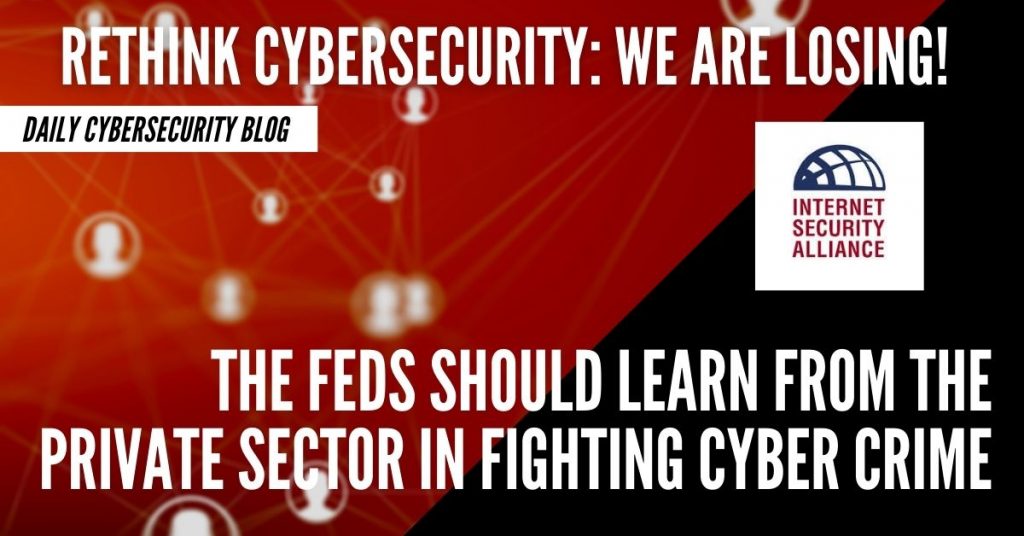
CrowdStrike just posted their latest research on cybercrime and found that intrusions threatening organizations’ cybersecurity across the globe grew – not 25 percent – but 400 percent in 2019 and 2020 combined. Nearly four out of five of those compromises in 2020 stemmed from cybercriminals, and attacks are unlikely to let up in 2021.
PUBLIC-PRIVATE PARTNERSHIP: PARENT-CHILD OR MARRIGE?
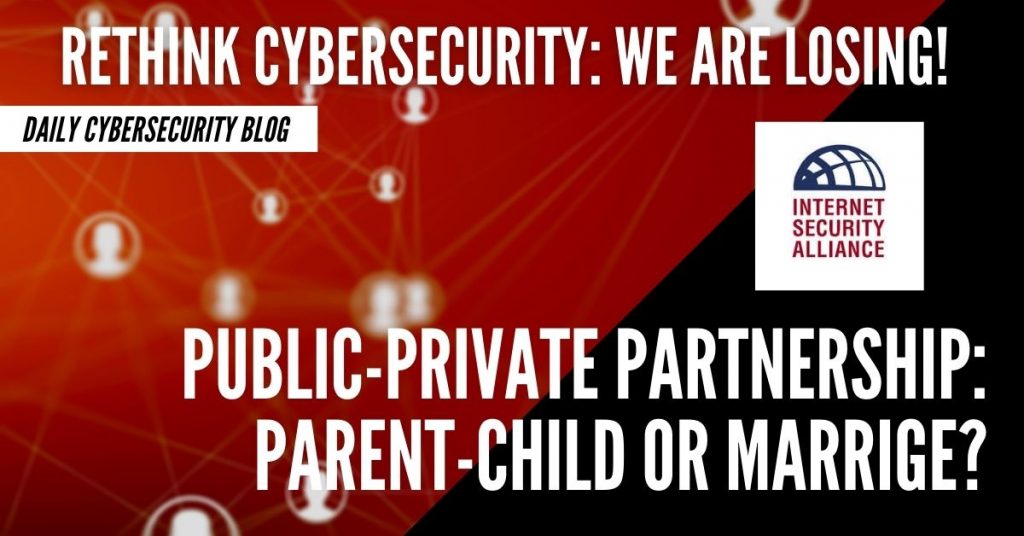
We are all in this together” has become one of the major narratives of the COVID era. The notion is that the virus can attack anyone of us – we are all essentially targets — and by protecting ourselves we are also protecting our friends and neighbors.
WHY IS CYBER LAW ENFORCEMENT FAILING SO BADLY? (Part I)
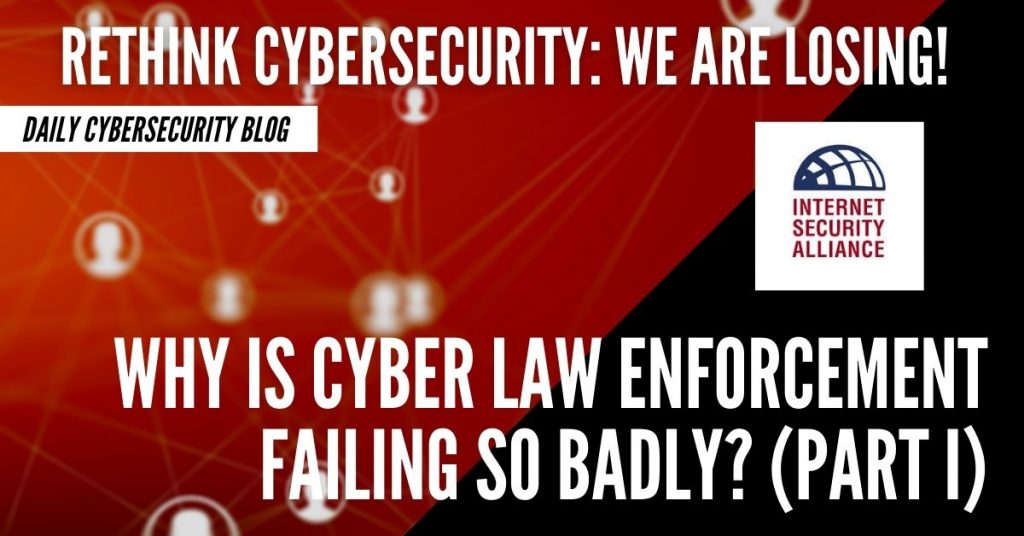
The classic TV Drama Dragnet was famous for Lieutenant Joe Friday’s straight forward instruction to witnesses “Just the facts Ma’am. So, let’s look at the facts with respect to cybercrime. The World Health Organization (WEF) currently estimates cybercrime as having revenues over $2 Trillion dollars a year.
Cyber Regulations Are Counter-Productive to True Security

The old model simply doesn’t work. All this analysis is not to impugn the policy makers who created, or more precisely attempted to adapt it, to the cyber environment. Faced with the quickening apparent threat from cyber-attacks policy makers naturally went to their ‘go-to” option using the independent agency model designed to address the hot technology of the 19th century – railroads. It was pretty much all they had.
Some Reasons Why Cyber Regulation Doesn’t Work
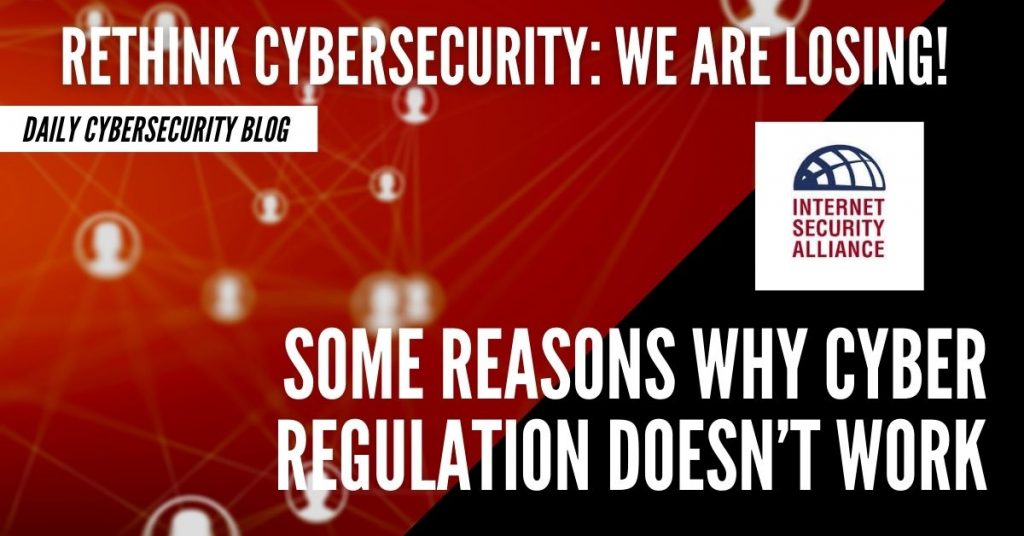
In previous posts we have documented that independent research shows that even the most highly regulated industries for cybersecurity such as health care and financial services are not achieving adequate levels of cybersecurity, and in fact don’t score better on security effectiveness than less regulated sectors like IT and professional services. We have also documented that even the highly regulated federal government sector scores poorly with respect to cybersecurity effectiveness.

